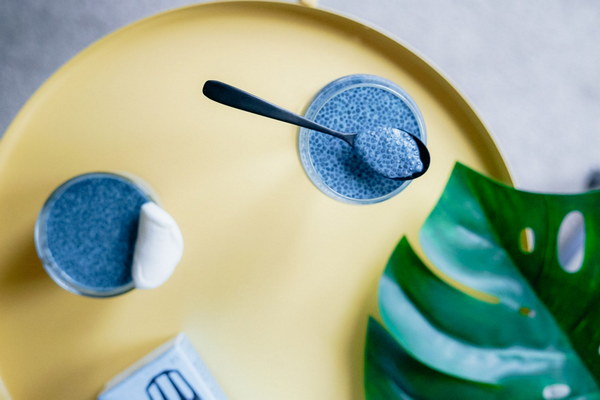Revitalize and Protect The Ultimate Guide to Male Health and Liver Support
In today's fast-paced world, men often find themselves juggling work, family, and personal commitments. This relentless pace can take a toll on their health, particularly on their liver. The liver is a vital organ responsible for filtering toxins, metabolizing nutrients, and producing bile. Therefore, it's crucial for men to take proactive steps to support their liver's health. This article delves into the importance of liver support for men and offers valuable insights into the best practices for achieving optimal liver function.
The liver plays a crucial role in maintaining overall health. It filters out harmful substances from the blood, metabolizes nutrients, and produces bile to aid in digestion. Unfortunately, men's liver health is often overlooked, and they may not be aware of the signs of liver dysfunction. By understanding the importance of liver support and implementing the right strategies, men can ensure their liver remains healthy and robust.
1. Understanding Liver Health for Men
The liver is a resilient organ capable of regenerating itself. However, excessive alcohol consumption, poor diet, lack of exercise, and exposure to toxins can strain its functions. Here are some common reasons why men's liver health matters:
- Alcohol consumption: Excessive alcohol intake can lead to fatty liver disease, liver inflammation, and cirrhosis.

- Poor diet: A diet high in saturated fats, processed foods, and refined sugars can burden the liver and contribute to fatty liver disease.
- Lack of exercise: Regular physical activity helps improve liver function and reduce the risk of obesity, which is a major risk factor for non-alcoholic fatty liver disease (NAFLD).
- Exposure to toxins: Environmental toxins and certain medications can damage the liver.
2. Key Practices for Liver Support
Here are some practical steps men can take to support their liver health:
- Limit alcohol consumption: Moderation is key. Aim for no more than two drinks per day and avoid binge drinking.
- Maintain a balanced diet: Incorporate a variety of fruits, vegetables, whole grains, lean proteins, and healthy fats into your meals.
- Stay hydrated: Drinking plenty of water helps flush out toxins and supports liver function.
- Exercise regularly: Aim for at least 150 minutes of moderate aerobic activity or 75 minutes of vigorous aerobic activity each week.
- Manage stress: Chronic stress can lead to elevated cortisol levels, which can impair liver function. Practice stress-reduction techniques such as meditation, yoga, or deep breathing exercises.
- Avoid smoking: Smoking can increase the risk of liver disease and reduce the liver's ability to filter toxins.
3. Liver-Boosting Supplements
In addition to lifestyle changes, certain supplements can help support liver health. Here are a few worth considering:
- Milk thistle: This herbal supplement contains silymarin, a compound that has been shown to protect the liver from toxins and support its regeneration.
- N-acetylcysteine (NAC): NAC is an amino acid that helps increase the liver's levels of glutathione, a powerful antioxidant that protects against liver damage.
- Artichoke extract: Artichoke extract may help improve bile flow and support liver function.
- Alpha-lipoic acid (ALA): ALA is an antioxidant that can help protect the liver from oxidative stress and support its regeneration.
4. Regular Check-ups
Regular health screenings are essential for detecting liver disease early. Men should consider the following:
- Blood tests: Liver function tests (LFTs) can detect liver inflammation, damage, or disease.
- Ultrasound: An ultrasound can help identify liver conditions like fatty liver disease, cirrhosis, or liver cancer.
- MRI or CT scan: In some cases, an MRI or CT scan may be necessary to evaluate the liver's condition.
In conclusion, men must prioritize liver support to maintain optimal health. By understanding the importance of liver function and adopting a healthy lifestyle, they can reduce the risk of liver disease and enjoy a longer, healthier life. Remember, taking proactive steps to protect your liver is an investment in your overall well-being.









